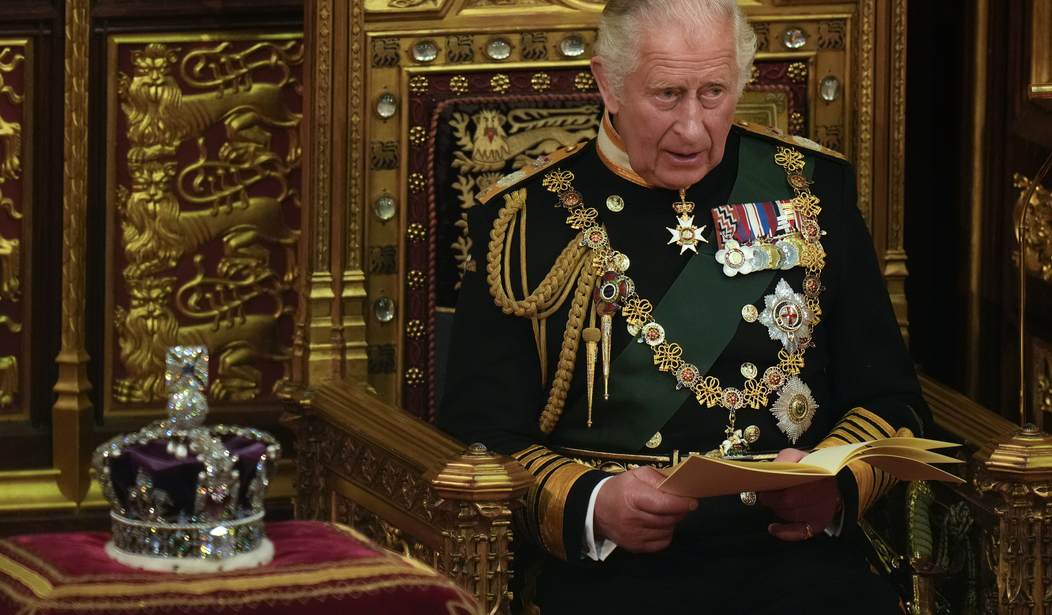As Mel Brooks reminded us in his classic film “History of the World, Part I,” it’s good to be the king. We may be seeing one of the best examples ever of the truth in that statement this week. While not making light of the death of his mother, Queen Elizabeth II, now that Prince Charles has ascended to become King Charles III, he just inherited an estate valued at $34.3 billion. While not exactly Elon Musk-level money, that’s still a pretty good haul by any standard. But unlike Musk, the new king’s wealth comes with an additional bonus. The inheritance tax in Great Britain is 40%, but Charles won’t be paying a dime of it. Meanwhile, the families of any modestly successful people in his country who happened to pass away during the same period will be giving up almost half of their estates to the government. So… is that fair? Is that the right way to handle such wealth? Well, even if you think it’s on the shady side, you really can’t blame Charles. He didn’t make up the rules, nor did anyone associated with the crown. (Axios)
A rule introduced in 1993 by the U.K. government safeguards the royal family’s assets from being wiped out if two monarchs were to die in a short period of time, Business Insider reports.
The Queen Mother passed away 20 years ago in 2002, exercising the first part of the provision.
By the numbers: Charles inherits the Duchy of Lancaster estate, which racked in $27 million in revenue for the Queen last year.
The Crown Estate, estimated to be worth over $34.3 billion in assets, will now belong to Charles III, CBS reports.
So this isn’t a case of Charles just thumbing his nose at the country and the taxman. If people are unhappy that he’s not paying taxes on this massive windfall, they should take it up with their representatives in Parliament who passed a rather vague law saying he doesn’t have to. He’s covered in that regard.
I say “vague” here because the wording isn’t exactly locked into limits and amounts as you would find in most American laws. This is true of many laws in Britain. (Did you know that the position of Prime Minister doesn’t even exist in written British laws? It’s strictly ceremonial and traditional.) Parliament is basically saying that they don’t want the crown’s wealth to be wiped out if two monarchs pass away in “a short period.” But any period might be interpreted as “too short,” it seems.
Also, when you’re talking about an “inheritance,” you would assume that involves someone dying, right? And yet Prince William, Charles’ eldest son, just “inherited” the $1 billion Duchy of Cornwall estate. From who? From Charles. Charles isn’t dead, but by moving up to be the king, he’s no longer the Prince of Cornwall, so the estate was passed on to William. Is William going to pay 40% taxes on that? I’ll let you toss a dart at the wall and take a guess.
I suppose what this really boils down to is a question of whether or not the British people want the monarchy to continue. If you wipe out nearly half of the wealth behind the crown every time one of them kicks the bucket, there isn’t going to be much left for the third or fourth monarch in the line. I suppose they could keep passing the title on year after year, but it won’t be as impressive if the third king (or queen) from now is living in a flat on the south side of London and riding around on a scooter.
But what if the people of Great Britain don’t want to keep the monarchy anymore? I saw a recent poll showing that senior citizens still strongly (77%)support having the monarchy, but young people 24 and under only support it in relatively small (33%) numbers. How do you just “turn off” a monarchy after more than a thousand years? Starve it to death by taxation? Just order them to pack their bags and move out and sell off the assets? Or would a more medieval remedy be required? Food for thought.








Join the conversation as a VIP Member